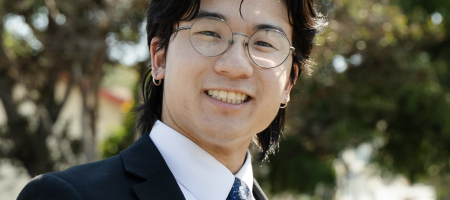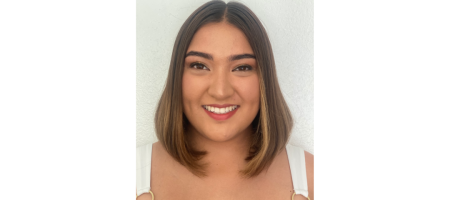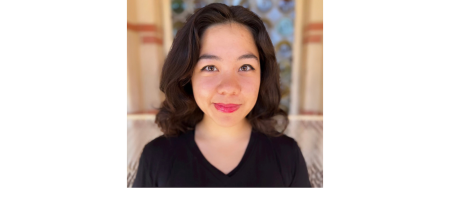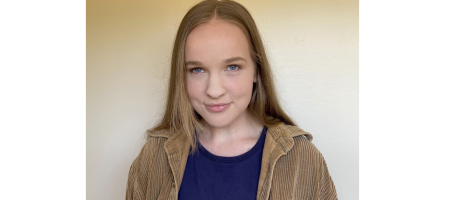Student Spotlight – Ryan Horio
Meet UCLA undergraduate researcher Ryan Horio!
Ryan is double majoring in Human Biology & Society and Asian American Studies with a minor in Community Engagement & Social Change. He is part of the UCLA/Keck Humanistic Inquiry Undergraduate Research Awards program. The title of his project is “Fear, identity, and activism during COVID-19: Conceptualizing racialized Asian youths’ experiences of sinophobia and foreigner racialization in the US.” Through his project, he hopes to give his communities a voice and the courage to use it. Ryan’s best piece of advice is that anything can be research!
How did you first get interested in your research project?
During the pandemic, I witnessed people who looked like me being assaulted and discriminated against solely due to their perceived race. I felt helpless and unable to do anything at the time, and those feelings followed me to college where I pursued a second major in Asian American Studies. My academic journey combined with my passion for racial justice and activism led me to pursue an honors thesis and this research project.
What has been the most exciting aspect of your research so far?
Definitely speaking to my participants and listening to their stories! As my work seeks to place the experiences of anti-Asian hate during the pandemic within the broader context of sinophobia and foreigner racialization, these interviews are what keep me grounded in my work. It is a privilege to hear such powerful and intimate experiences.
What has surprised you about your research or the research process?
I did not realize how important research is for any kind of change. Furthermore, I believed research was something that remained in academia. However, discussing with other researchers and reflecting on my research’s purpose, I became surprised at how influential our voices can be if channeled together and done effectively. This experience has shaped my future goals within research and academia.
What is one piece of advice you have for other UCLA students thinking about doing research?
Anything can be research! So, you might as well do it on something that you are passionate about—think about the things that get you excited, the topics that you could talk endlessly on, the communities that motivate you to be here as a UCLA student. If you choose something that you are passionate about, you are already further than most others.
What effect do you hope your research has in your field, at UCLA, in your community, or in the world?
I hope that my research will give my communities a voice, as well as the courage to use it. Historically, we have been silent and have been silenced. In this light, I hope that our institutions listen to our stories as students and support us in the ways that we need them to. I also hope that my work empowers us to speak about our experiences instead of remaining silent. Finally, I hope that my research encourages others to think critically about their own research’s purpose and to keep action at the center of our work as academics.






